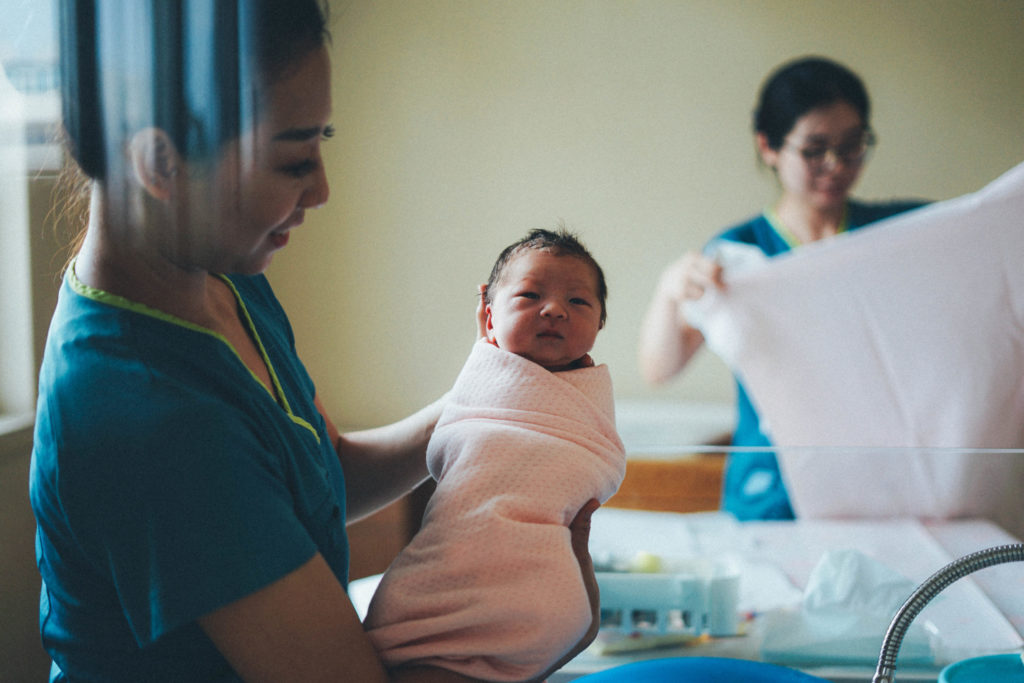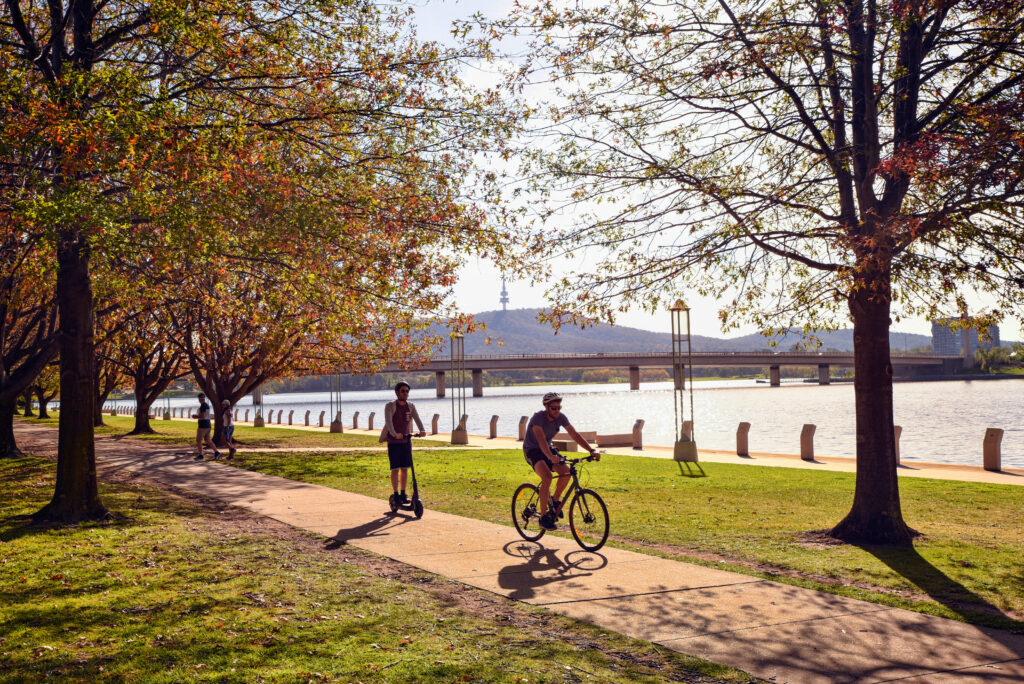Nursing is a rewarding and varied career choice according to lead clinical nurse Marie Carrick. Hands-on experience, learning on the job and working with professionals is all in a day’s work.
“Nursing’s very diverse,” she says. “You don’t have to stay in mainstream nursing; you can go into radiology, endoscopy… there are lots of different avenues. It gives you a very broad career opportunity, and we need nurses everywhere around the world.”
If you’re studying nursing, you will have to undertake a practical placement. It may be in a busy metropolitan hospital in the city centre, a small medical centre in rural Australia, or somewhere in between.
Speaking to Insider Guides, Marie shares her advice for anyone about to complete their placement.
1. Understand a city placement versus a country placement
You may not get a choice of where you want to go for your practical placement. But, there are unique benefits to working in both city and rural areas, which Marie encourages students to understand.
Placements in Australia’s busiest cities, such as Melbourne and Sydney, are popular. They offer many opportunities to students, due to the high number of hospitals.
“City placement is fantastic,” says Marie. “You can make lots of friends, there are many places to live and a lot of accommodation for students, and they’re very cultural places. Transport to and from your placements is easier.”
If you’re used to metropolitan living, a rural placement might seem tough, but it comes with its own advantages.
“When you go out to regional areas, it can be a bit harder because you’re a bit more isolated, however it’s much more diverse in the sense that, when you’re in the city you become specialised, but in regional areas, you can do everything,” Marie says. “Nurses can do emergency, then go into theatre… they have much more variety than what city nurses do.”
2. Do your research
Before starting your placement, Marie states that one of the best things an international student can do is research.
“You need to be organised and have some understanding of the placement you’re going to,” she says. “This can be tough sometimes if the placement is last-minute, but generally you should have an idea of if you’re going to a general, medical or surgical ward. And, it’s handy if you can do background research on the kind of patients you might be caring for.”
This research could include understanding the demographics of the region in which the hospital is located. For example, there may be a high proportion of senior citizens in the area. But, you don’t need to be an expert, Marie explains, as you’ll learn a lot on the job.
“That’s the great thing about hands-on experience – you learn so much doing it [compared to] learning it in a book. Just do a little bit of research, and you’ll have training on the ward as well.”
3. Develop your critical thinking skills
One of the biggest issues Marie notices with international students on placement is their communication skills, especially in relation to critical thinking.
“What students have told me over the years, is that if English isn’t their first language, what they tend to do is speak in their heads in their own language, then try and interpret it into English, so there’s a delay in the thought processes,” Marie says.
As wards are generally high-stress areas with constant activity, there is an expectation to have quick answers and problem-solve, so Marie encourages students to practise their communication skills, which in turn will strengthen their critical thinking.
“If you’re new to nursing, critical thinking can be quite difficult, but the skills will come with practice.”
4. Remember to ask questions and seek support
Asking questions is vital to succeeding in your placement, as well as seeking support when you need it rather than trying to manage on your own.
“Talk to the professionals about what you’re thinking and don’t be afraid of making a mistake,” says Marie. “We want to encourage you to ask questions, rather than being too afraid to speak.”
If you need help during your placement, there are several people you can turn to, including your placement mentor, the placement manager or educator, the education department in the hospital, or your education provider.
5. Don’t stress yourself out!
While pushing yourself as a student is always necessary, Marie often notices international students putting too much pressure on themselves and becoming exhausted, both mentally and physically.
“International students’ knowledge is fantastic, and I don’t want them to be burnt out. We know you have other commitments – you can relax a bit,” she says.
For students concluding their courses, the main source of stress comes from trying to find a graduate placement. However, as Marie explains, there’s an overwhelming need for nurses around the world, so there will always be work available.
“Don’t worry – we always need nurses,” she says. “There’s a lot of pressure to get graduate placements, and not every nurse will get one. You need to not take that as a failure, because it isn’t.
“There are many other places that will gladly have nurses without a grad program, or that will support them. There are so many hospitals around looking for help. Don’t lose hope. You’re doing the right thing, [so] don’t be frightened of making a mistake. Three years is hard work, but you will get through it.”





